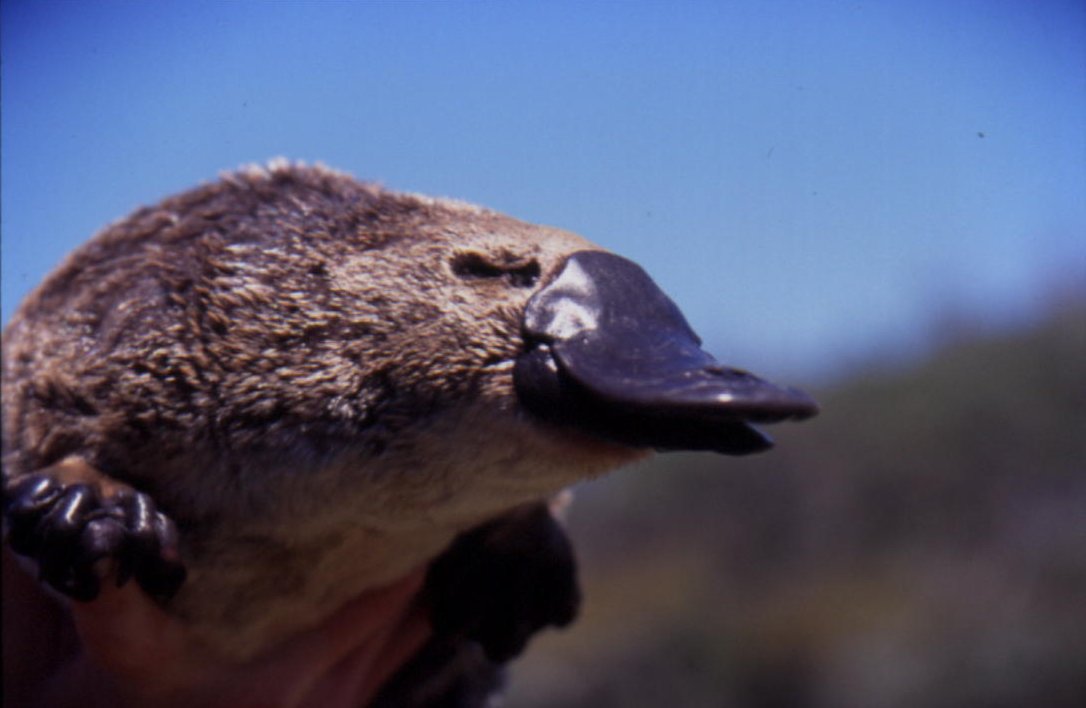In a new paper in the Journal of Mammalogy, Philip Bethge and colleagues from the University of Tasmanias’ Department of Zoology report, that duck-billed platypuses use a variety of measures to avoid encounters with their peers, including the complex behavior of temporarily following the lunar cycle. This is even more true in the mating season when males try to bully their fellows in order to monopolize females.
Bethge and fellow Zoologists Sarah Munks, Helen Otley and Stewart Nicol observed platypuses at Lake Lea, a subalpine lake in the remote Tasmanian Highlands. They equipped the animals with data-loggers recording their foraging activity for up to six weeks.
Results show that platypuses are continuously foraging for up to 30 hour. Previous research shows that they constantly dive during this time with each dive lasting for approximately 30 seconds. Although most animals including dominant males were – as expected – active at nights, at least a third of them foraged during the day or in a very irregular manner. This was observed in particular in young male individuals.
“It seems that inferior males try to avoid encounters with their dominant conspecifics at all costs”, reports Bethge. “This is a wonderful example of time sharing in the animal kingdom: platypuses, and in particular male platypuses, seem to work in shifts – mainly to be on their own while hunting for prey.”
Bethge P, Munks S, Otley H, Nicol S (2009) Activity Patterns and Sharing Of Time and Space of Platypuses, Ornithorhynchus anatinus, in a Subalpine Tasmanian Lake. Journal of Mammalogy, 90(6): 1350-1356 (PDF)
